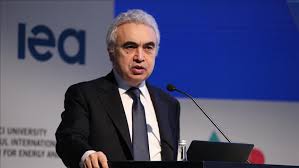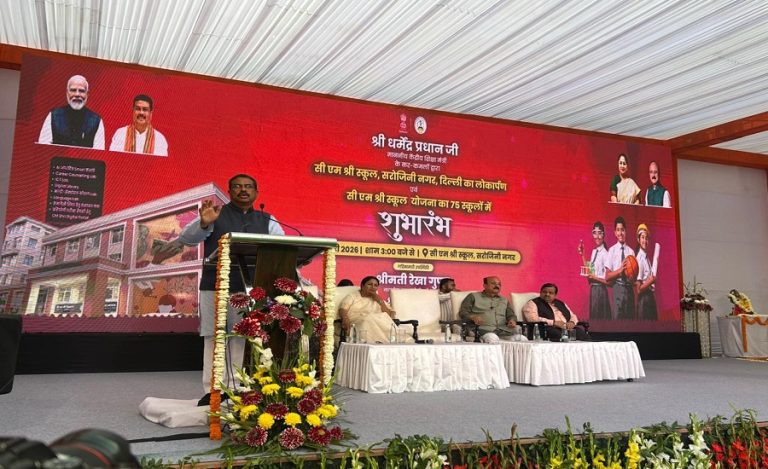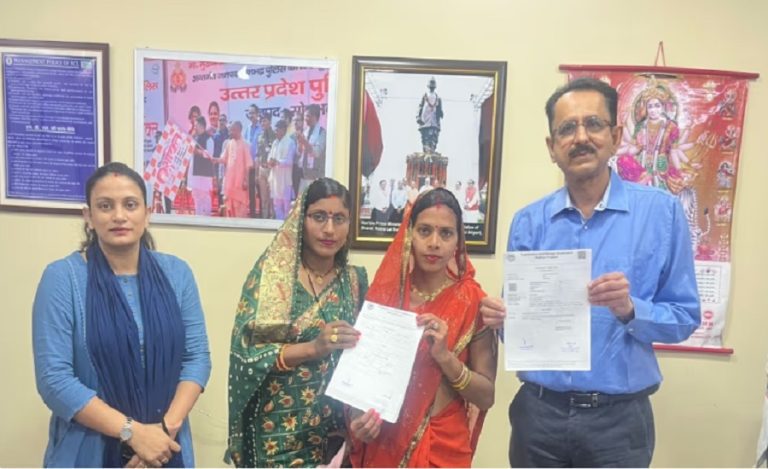In a significant call to action, International Energy Agency (IEA) Executive Director Fatih Birol emphasized on Monday that India must focus “very” closely on the electrification of mobility to secure its energy future and reduce its dependence on imported oil. Speaking after a meeting with India’s Commerce and Industry Minister Piyush Goyal, Birol highlighted the increasing role of electric vehicles (EVs) globally and the need for India and other oil-importing nations to incentivize EV adoption.
Global Shift Toward Electric Vehicles: A Game Changer for Energy Security
Birol noted that the share of electric vehicles in global car sales has surged dramatically in recent years—from just 3 percent about four years ago to 25 percent in 2025. “One out of four cars is electric,” he said, attributing the rise to the decreasing costs of EVs and their lower running costs compared to traditional oil-powered vehicles. He cautioned that oil prices remain volatile and subject to the influence of key producers, making EVs an essential solution for countries like India seeking to control domestic energy trajectories.
Addressing Critical Minerals Concentration: A Risk to the Energy Transition
The IEA Executive Director also warned about the growing concentration of critical minerals essential for clean energy technologies, including electric vehicles. Birol urged countries worldwide to diversify their mining, refining, and processing capabilities to avoid supply disruptions. “The best energy security policy is diversification,” he stated, highlighting the risks posed by overreliance on a few countries or companies for these vital resources.
India’s Leadership in Clean Energy Transition Recognized
Birol praised India’s achievements in renewable energy, particularly in solar power, describing it as a “huge success story” beneficial to both the economy and energy security. He also lauded India’s LED bulb programme and the Ujjwala initiative, which have significantly advanced energy efficiency and clean cooking access for millions of households, further cementing India’s role as a driver in the global clean energy transition.
Call for Consumer Support and Policy Incentives
Acknowledging varying policies across countries, Birol stressed the importance of government incentives to support consumers in purchasing their first electric vehicles. Such support, he argued, is critical for maintaining momentum in the EV revolution and ensuring that nations reliant on oil imports do not fall behind in the transition toward cleaner mobility.
Conclusion
As India continues to expand its clean energy portfolio, the IEA’s message underscores the urgent need to prioritize mobility electrification and critical minerals diversification. These steps will be crucial in safeguarding India’s energy security and fulfilling global climate commitments.




























